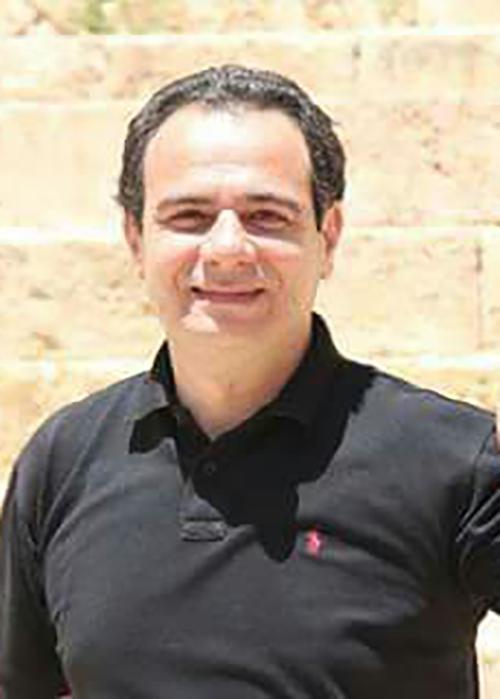The United Arab Emirates should immediately release Tayseer al-Najjar, a Jordanian journalist who, on December 13, 2018, completed a three-year prison sentence, Human Rights Watch and Reporters Without Borders said in a letter to the UAE minister of state for foreign affairs, Anwar Gargash, that was released today. The prison sentence violated al-Najjar’s rights to free expression and to a fair trial.
The UAE Federal Supreme Court convicted al-Najjar under article 29 of the UAE cybercrime law in March 2017 and sentenced him to three years in prison and a fine of 500,000 UAE Dirhams (US$136,000) for “insulting the state’s symbols.” The 2012 cybercrime law imposes prison sentences from 3 to 15 years for publishing information online with the “intent to make sarcasm or damage the reputation, prestige or stature of the State or any of its institutions.” While al-Najjar completed his sentence on December 13, after three years behind bars, he cannot pay the substantial fine and under UAE law must remain in prison another six months.
“Al-Najjar, who should not have been jailed in the first place, should not have to suffer another day in a UAE prison,” said Sarah Leah Whitson, Middle East director at Human Rights Watch. “If the UAE were truly committed to its rhetoric of tolerance, it would not have ripped Najjar away from his wife and children for years-old innocuous Facebook posts.”
Al-Najjar’s conviction was based on Facebook posts written before he moved to the UAE to work as a culture reporter for Dar newspaper in April 2015. The trial judgment also cited comments he allegedly made to his wife on the telephone that were critical of the UAE, but did not state how authorities obtained records of the calls.
On December 3, 2015, UAE authorities at Abu Dhabi International Airport prevented al-Najjar from boarding a flight to Jordan to visit his wife and children, said al-Najjar’s wife, Majida Hourani. The police in Abu Dhabi detained him on December 13 and held him for nearly two months before UAE officials confirmed his detention. Al-Najjar told his wife he was not aware of the name or whereabouts of the detention center where he was held before his transfer in early March 2016 to al-Wathba prison in Abu Dhabi, where he is currently held.
UAE authorities violated al-Najjar’s rights to due process and a fair trial by holding him without access to a lawyer, including during interrogations, for more than a year, before bringing him to trial in January 2017. WAM, the UAE’s official news agency, reported on March 15 that the Abu Dhabi Federal Appeals Court convicted al-Najjar under the cybercrime law.
UAE authorities have frequently used broadly worded charges, such as article 29 of the cybercrime law, to restrict free expression, and have imprisoned activists beyond the completion of their prison sentence. Osama al-Najer, an Emirati social media activist, used Twitter to campaign for the release of his father, Hussain Ali al-Najer al-Hammadi, and other political detainees in Abu Dhabi and to criticize the conviction of 69 Emirati nationals in the “UAE 94” trial in July 2013. In November 2014, the federal Supreme Court sentenced him to three years in prison and a 500,000 UAE Dirham fine under the cybercrimes law on charges including “damaging institutions” and “communicating with external organizations to provide misleading information.” Al-Najer was scheduled for release in March 2017, but has been kept in prison under the pretext of national security.
Others serving long prison sentences for exercising their right to freedom of expression include the award-winning human rights defender Ahmed Mansoor and prominent Emirati academic Nasser bin Ghaith. In May, an Abu Dhabi court sentenced Mansoor to 10 years in prison for “defaming” the UAE on social media. In March, UAE courts sentenced bin Ghaith to 10 years in prison. The authorities forcibly disappeared bin Ghaith in August 2015 and brought charges that included criticism of the UAE and Egyptian authorities.
“Every day that these journalists and activists remain behind bars solely for exercising their right to free expression demonstrates the UAE’s fundamental lack of respect for basic human rights,” Whitson said.



 العربية
العربية